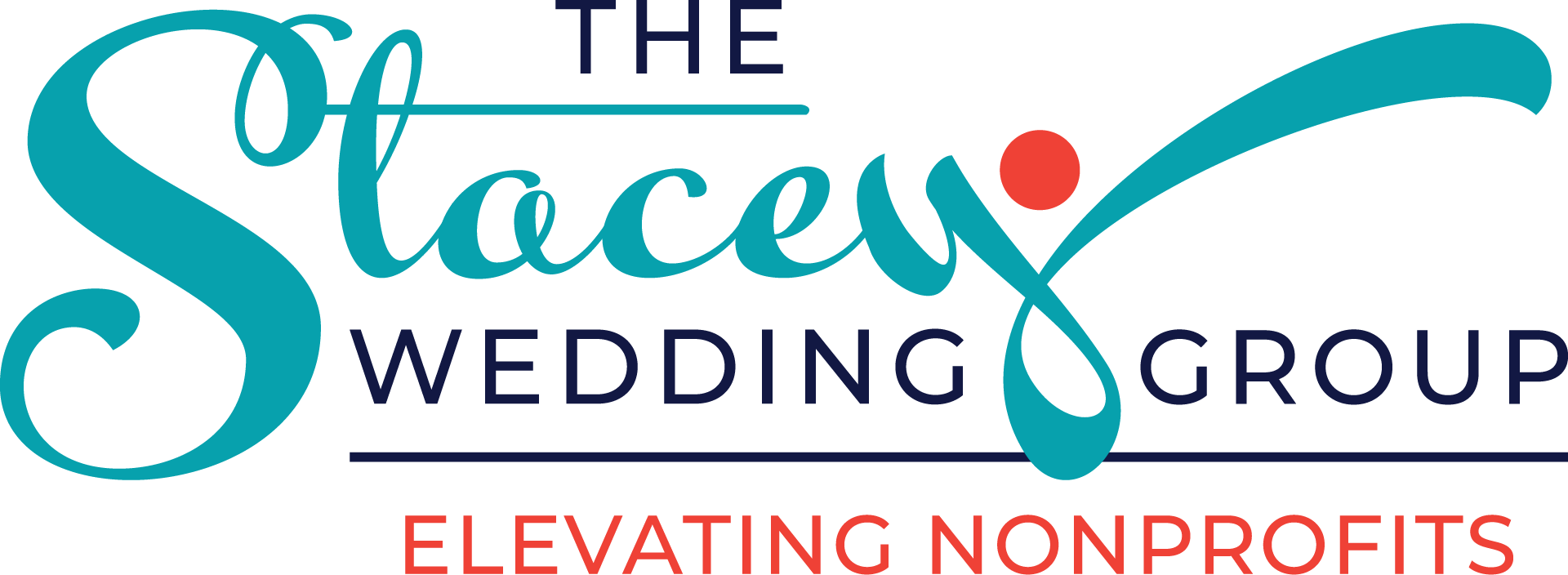Let’s say you work for a nonprofit organization that aims to address food insecurity. Would it make sense for you to do anything that might keep children from being well-fed? As my 10-year-old sister would say, “only on opposite day.”
As nonprofit professionals, of course we want to see healthy, thriving, egalitarian communities. That’s what we’ve committed our lives towards creating. But how often do we work against that goal?
When I first entered the philanthropic sector, I was introduced to the term, “co-opetition.” At a meeting for young nonprofit professionals, someone described the idea of cooperating when necessary while maintaining the “practical” belief that there are limited donor dollars and every nonprofit organization is competing to get them. Other nonprofits are co-opetition: we partner when necessary, but know that we’re all competitors.
Later that same year, I attended a gathering of nonprofit organizations who all addressed the same community concern. These were reputable organizations that had been operating for decades in the valley. I realized how accurate the term was when the organizations who were present admitted that they didn’t know what services the others were providing. In other words, they didn’t know what services they may have duplicated or how their programs may supplement existing gaps in the needs of their constituents. They had chosen to compete.
For the sake of blatant honesty, I am willing to concede potential arguments against what I’m about to say next. I’m too new to the nonprofit sector to see how difficult cooperation between different organizations can be. But I’m also too new to be jaded. And maybe I have enough of an outside perspective to offer some suggestions.
There are a number of services that wouldn’t be duplicated, a number of programs that could be streamlined, and many more people who could be helped, if nonprofit professionals fulfilled their responsibility to communicate with one another. We chose this profession because we chose to believe that we could write better stories for the people in our communities. We can do that better when we cooperate…just cooperate.
As recommended by Peter Manzo, President and CEO of United Ways California, in his recent blog post one way to do that is to share data about the successes of our programming. In what ways would our community improve if data regarding our programs could be aggregated and utilized to best serve our constituents? When we are more comprehensively informed, how much more good can we do?
We can be co-opetition or we can be co-authors. Only one maximizes the community and global impact we can have. Let’s make sure we aren’t permanently living in opposite day.
Click here to learn more about authoring your stories and PiP Storytelling Services.
